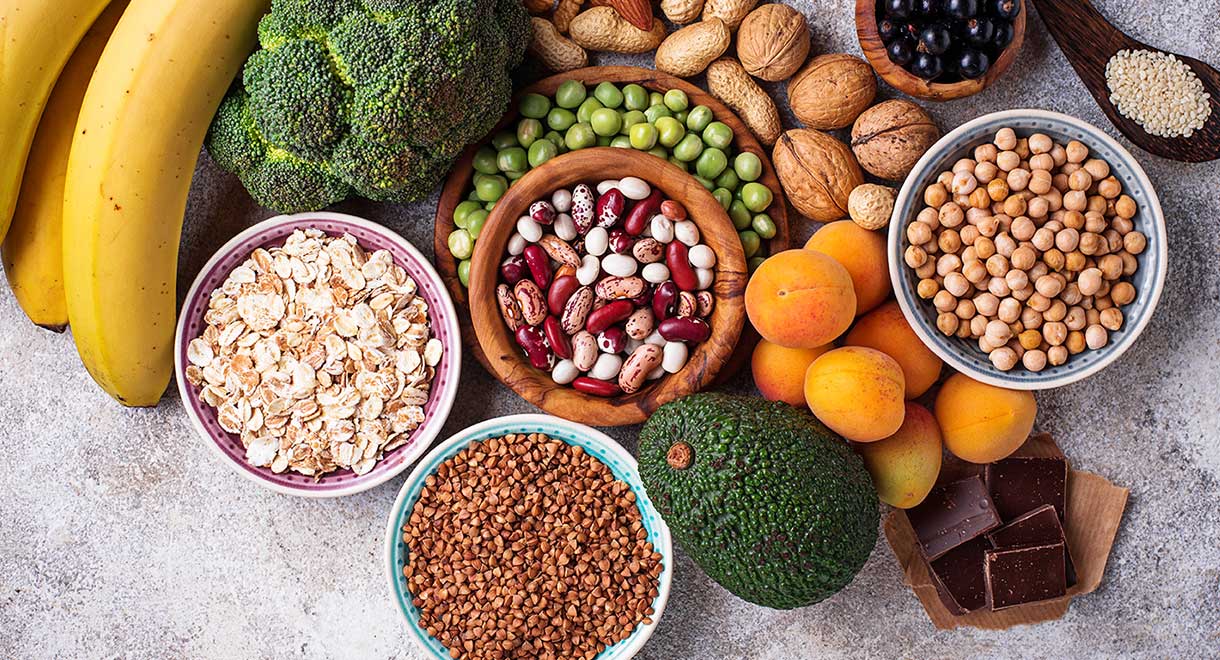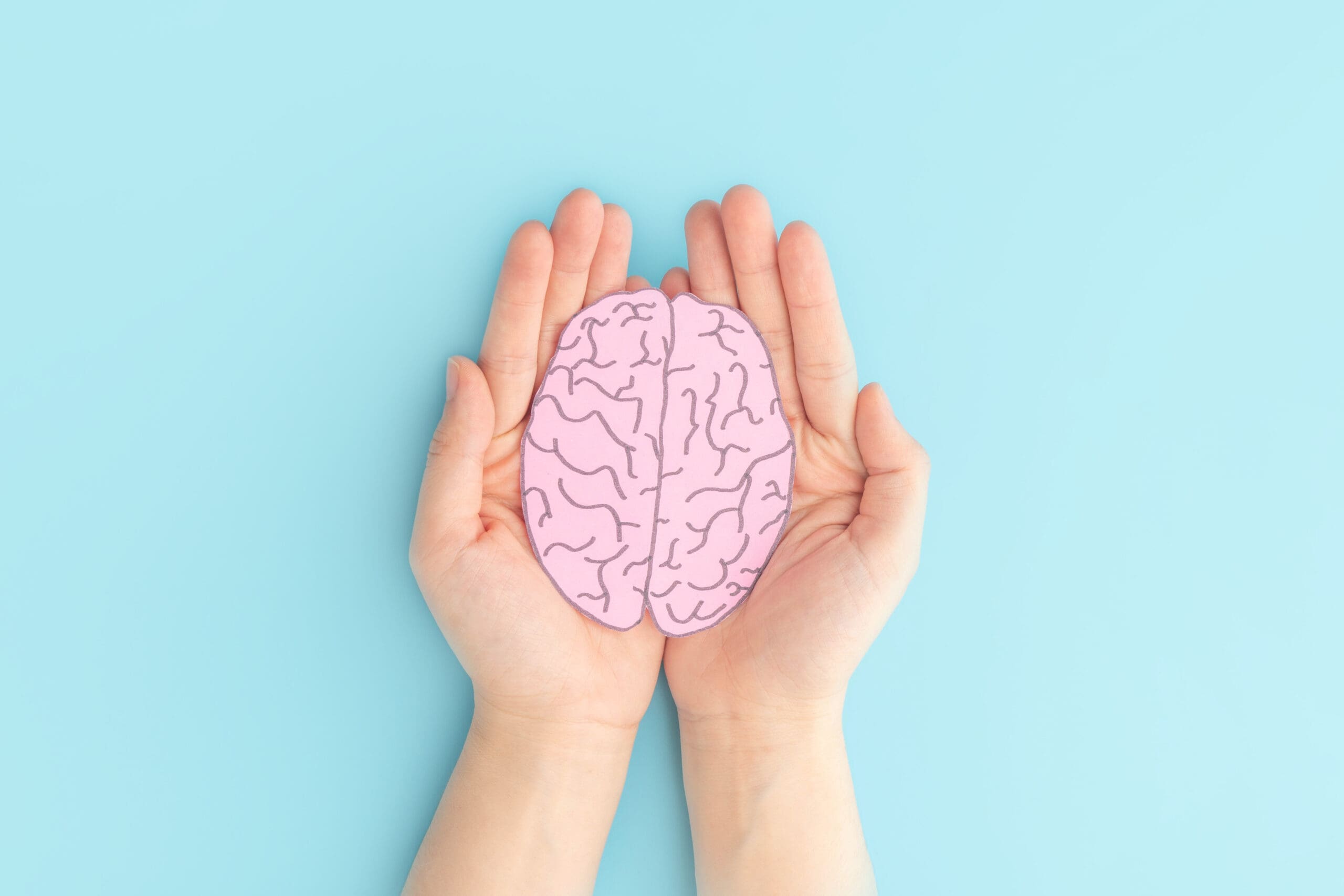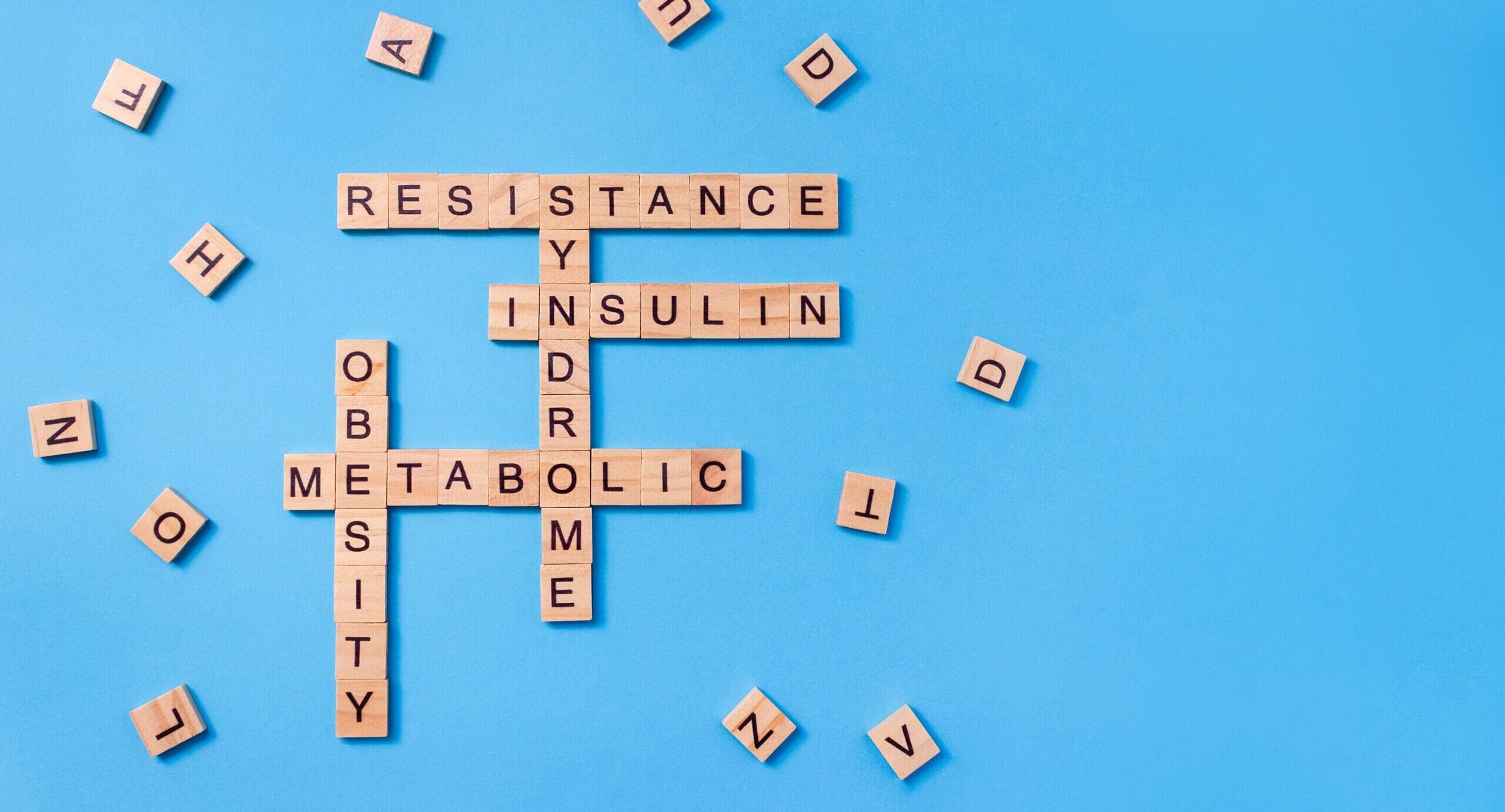Are you getting enough magnesium?
By Louise Belle BHSc (Nut Med)
Magnesium is an important mineral that is involved in over 300 enzymatic reactions in the body. It plays important roles in muscle and nerve function, energy production, bone development and DNA development. Many people are low in magnesium and don’t even realise.
Possible symptoms of low magnesium
- Muscle cramps or twitching
- Low energy
- Headaches
- Poor sleep
- Anxiety and low mood
- Premenstrual tension
Possible causes of low magnesium
- Poor dietary intake of magnesium-containing foods
- Gut damage
- Certain medications
- High sugar/ processed diet
- Alcohol
- Regular sweating e.g. exercise
- High stress
How much magnesium do we need every day?
There are general guidelines known as Recommended Dietary Allowances (RDAs) which give us an idea of the amount of magnesium we need to be consuming in our diet on a daily basis. Many people have greater requirements for magnesium and do better by increasing the amount they consume. For males aged 18 years + the RDA ranges between 400-420mg per day and for females of the same age group the RDA is 350-400mg daily. Factors like stress can burn through magnesium stores quickly and therefore a higher magnesium intake is required to replenish it.
Did you know that when you don’t consume enough magnesium in your diet, your body leaches magnesium from your bones in order to correct the balance? This can negatively affect your bone health and is another reason why it’s vital to consume a healthy diet rich in magnesium-containing foods.
Sources of magnesium
| Pumpkin seeds | 2 tbsp = 180mg |
| Cashews/almonds | 30g = 70mg |
| Dark chocolate | 50g = 100mg |
| Leafy greens | 1/2 cup cooked = 80mg |
| Avocado | 1/2 medium = 40mg |
| Quinoa | 1/2 cup cooked = 45mg |
| Lentils | 1/2 cup cooked = 35mg |
| Edamame beans | 1/2 cup = 50mg |
| Banana | 1 medium = 32mg |
| Brown rice | 1/2 cup cooked = 42mg |
| Chia seeds | 15g = 60mg |
| Salmon | 100g = 30mg |
| Magnesium Ultra Potent Powder | 1tsp = 400mg |
| Magnesium Complete | 1 tablet = 97mg |
Whilst getting enough magnesium through your diet is the ideal situation factors such as soil quality, food processing, and poor gut health can affect the amount of magnesium you actually absorb from your food. You may prefer to take a supplement alongside your healthy diet to boost your overall magnesium intake. If you suspect that you may have some gut damage (like a large percentage of the population) Ultimate Gut Health powder can help to heal your gut lining and improve nutrient absorption.
There is more information on this amazing mineral in Dr Cabot’s Magnesium book.









Leave A Comment